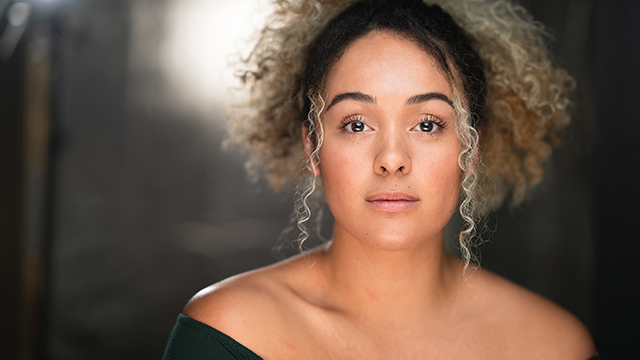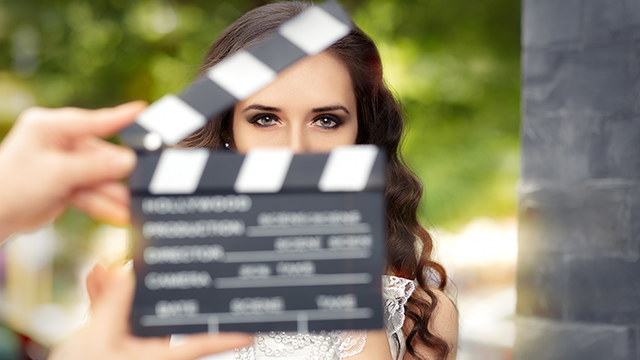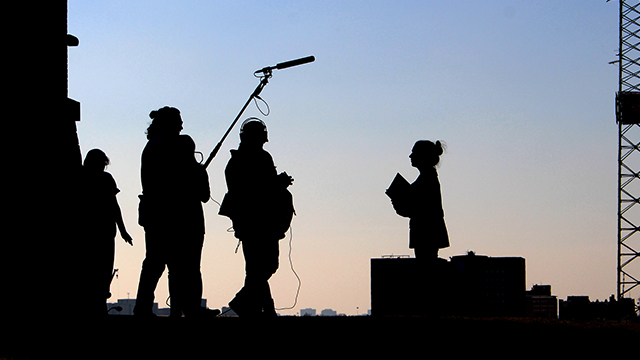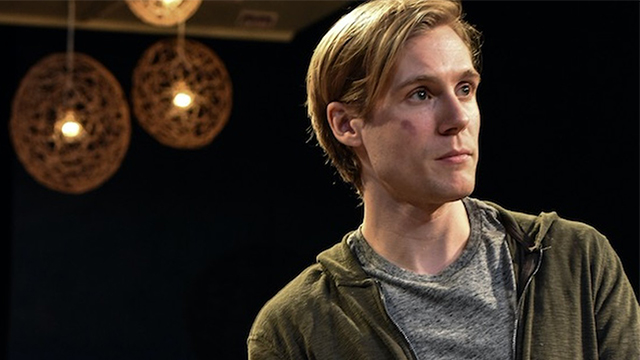The Top 10 Film Audition Mistakes Theatre Actors Make
Written by Ali Haselden
April 24, 2019
It’s no secret that there’s a significant difference between acting for the stage and the screen. The truth is, even Broadway stars can look out of place when auditioning for film and TV roles if they haven’t been properly trained for it. Whether you’re pursuing both theatre and film, or are a theatre actor hoping for your shot at one of the many musical adaptations Hollywood is producing, it’s crucial to know the key differences between the mediums. These are the top 10 mistakes theatre actors often make when auditioning for film.
1. Not Having Film & TV Headshots

The first part of any audition is handing off your headshot and resume for review. Unfortunately, a headshot that isn’t tailored to film and TV standards can immediately alert casting that something is…off. If you’re pursuing both theatre and film/TV, you should have different headshots in the specific style of each division. Headshots in film and TV tend to be highly characterized and targeted towards specific typecasts and productions. Pro tip: go to two different photographers. One specializing in the current theatre style, and another who primarily shoots film/TV headshots. Your headshot is your industry calling card, so they need to be just right.
2. Looking Directly Into the Camera

During your film audition, you never want to look directly into the camera unless you are giving your slate or asked explicitly to by casting. In film auditions, you will have a designated ‘reader’ who will stand or sit next to the camera and read the sides with you. Look at the reader or at a fictional point on the other side of the camera to express that you’re speaking to other characters in the scene.
3. Overdoing Facial Expressions

Understandably, going from acting for the stage to the screen can be challenging when it comes to our reactions. In the theatre, it’s vital that hundreds or even thousands of people can read your facial expressions from afar. However, when on camera, viewers can see every tiny movement, blink, or eyebrow twitch. It can often take time for theatre actors to adjust their way of thinking around keeping facial expressions natural, but it’s a must for film auditions, and one of the common mistakes theatre actors make.
4. Not Staying In-Frame

In the theatre, the stage is our kingdom, and nearly anywhere we roam we can be seen. That is not the case in film auditions. In a film or TV audition, you’re often requested to self-tape using a ‘medium-shot’ which is from mid-chest up to the top of your head. You’ll have a small amount of space to each side of your head, but that’s it! It’s important to stay reasonably within the frame so that the casting directors can tell what you’re doing. Additionally, be aware of your body movements. A lean forward or backward may feel small but can look extreme in playback.
5. Not Knowing Your Typecast

Along the lines of making sure your headshots are up to standard, it’s also crucial to be crystal clear on your typecasts. One of the luxuries when casting theatre is the freedom of imagination and flexibility when it comes to looks. Unfortunately, film and TV rarely work this way. Casting directors want to see that you embody the real-life person they have in mind. There are certain specific typecasts, looks, and energies that fit certain characters, and you have to know, own and consistently represent the ones that accurately suit you. Just because you can brilliantly perform the scenes of the lead character, doesn’t mean you’re the right typecast for that role. And when I say specific, I mean specific! Common typecasts can include everything from “the BBQ mom,” to “druggie,” to “entitled prep school kid.” Your look in auditions and callbacks should reflect these typecasts accordingly.
6. Not Controlling Volume

Keep in mind your surroundings and audience when going in for a film audition. You will very likely be in a smaller room, across from a handful of people. There will be a camera and a microphone set up to capture every word of your scene. This means it’s your lucky day! You don’t have to project as you normally would in a theatre. You should be mindful of your vocal volume so that you don’t max out the microphone’s capabilities.
7. Losing Sight of Reality

The characters in theatre tend to be much more colorful than in film. And to portray that character to a thousand people in front of you takes a lot of extra ‘oomph.’ A full head nod can appear to the crowd like a subtle glance. In film auditions, we don’t have to think this way. A glance is a glance. A nod is a nod. A single tear can be seen, and a subtle shudder can be perceived. All of these natural, grounded responses are what identify a performance as genuine, relatable, and humanlike. When you let go of the fear of not being seen and understood, which is needed in theatre, you can live truthfully in the reality of the moment. And that is what makes for a great film audition.
8. Not Listening to the Reader

This mistake is often not noticed until you watch the audition back. Remember that reader we mentioned before? It’s essential to listen and process what they’re honestly saying. Many actors have memorized the scene so intently that we can’t see that they are listening and responding. You’ll know you’re not listening if the eyes look blank and lack connection, or if the reactions an actor is giving don’t make sense based on the way the reader delivered the line to them. Get out of your head and listen!
9. Not Including a ‘Moment Before’

Many times, auditions for film and TV are cut from a very small section of the full script and can start on odd or confusing lines. Think about what your character might have been doing prior to the start of the piece. Where are they? What activity are they in the middle of? What happened right before the camera started rolling? Have this quick ‘moment before’ to ease you into the world of these characters.
10. Using Props

Unless it is a cell-phone or something you’re holding out of frame, don’t use props in a film audition. Auditionees often get tripped up over scripts listing specific props to be held or referenced in the scene. However, most of these items end up being distracting or awkward rather than beneficial to your performance. Most casting directors would prefer you ditch the props and focus on the acting.
Need some advice? We’ve got you covered.
- 10 Tips for Being a Positive Role Model in Your Theatre Community
- 5 Ways to Say “Thank You” to Your Cast and Crew
- 5 Character Development Techniques to Use in Rehearsals
- 5 Small Ways to Get Into (And Embrace) Your Character
- 5 Ways to Take Care of Yourself During Tech Week
- Devising Theatre: 7 Quick Tips for Your First Devising Project
- “I Can’t, I Have Rehearsal”: 5 Tips for Scheduling Your Life When You’re In Theatre
- How to Make Rehearsals A Warm and Welcoming Environment
- 10 Basic Rules of Stage Combat (That Keep Everyone Safe)
- 5 Advantages of Learning Stage Combat
- Theatre Artists on a Budget: How to Be Smart and Healthy While Pinching Pennies
- Productions on a Budget: Finding Props/Costumes/Set Dressings/Set Pieces Without Breaking the Bank
- 6 Steps to Memorizing Shakespeare
- 5 Helpful Tips for Attending Callbacks
- 10 Tricks to Staying Healthy All Season Long
- How to Balance Theatre and Coursework
- 10 Items Every Actor Should Carry in Their Rehearsal Bag
- 10 Items Every Dancer Should Keep in Their Rehearsal Bag
- Discover the Delightfully Nerdy World of Dramaturgy
